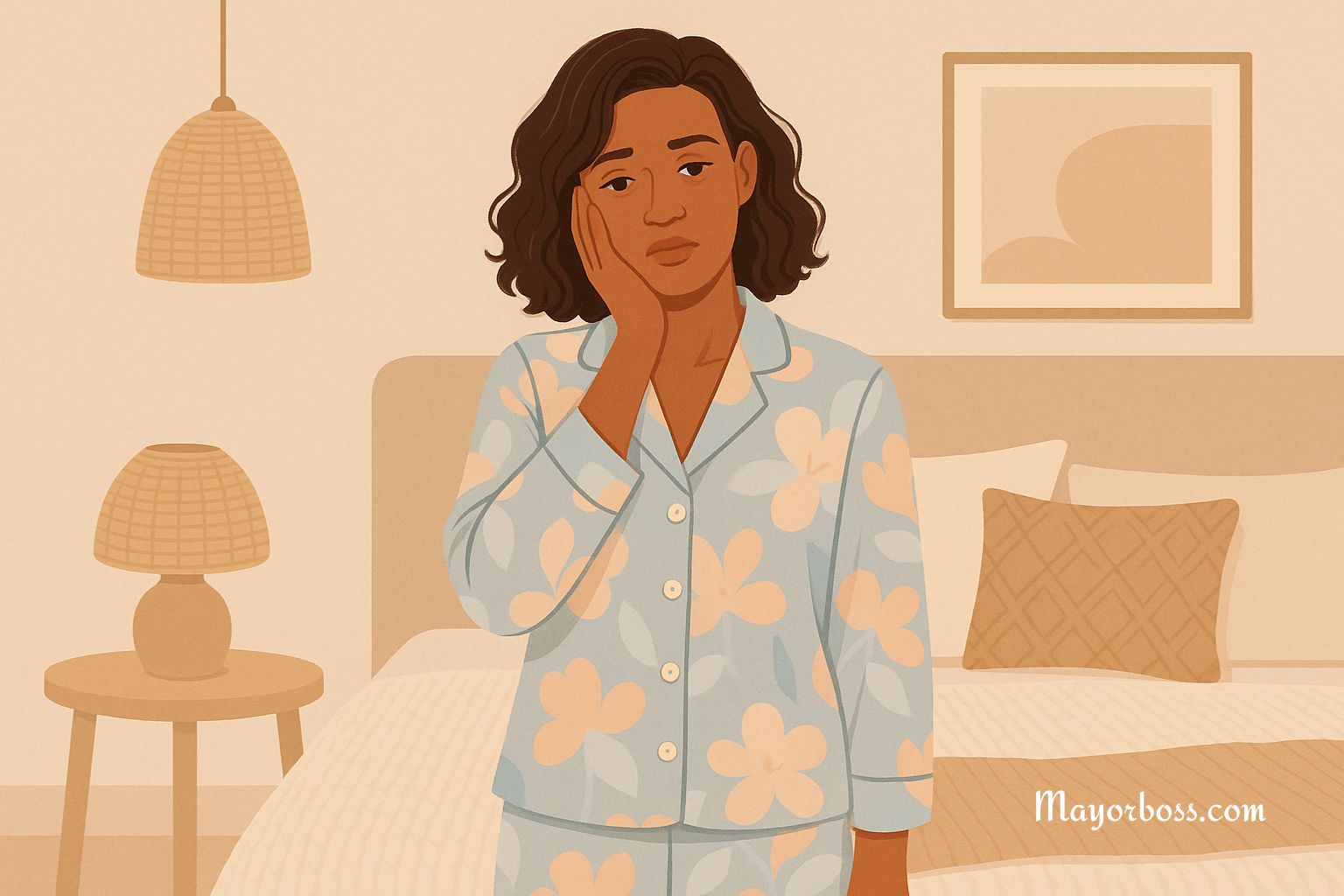Erectile Dysfunction (impotence)
A topic often shrouded in silence, Erectile Dysfunction (ED) is a common yet under-discussed condition that affects millions of men worldwide. This article aims to shed light on what ED truly is, the various causes and symptoms, treatment options, and preventive measures.
Defining Erectile Dysfunction
Erectile dysfunction, popularly known as impotence, is a condition that impedes a man’s ability to perform or maintain an erection long enough for sexual intercourse. While occasional difficulties with erection are not uncommon and can normally occur due to various reasons, such as stress, ED is typically characterized by a consistent pattern of such problems, making it a chronic condition.
Causes of Erectile Dysfunction
ED can stem from a variety of factors, ranging from physical to psychological causes, and sometimes a mix of both:
Physical Causes:
- Cardiovascular conditions: Diseases that affect blood flow, such as atherosclerosis and heart disease, can interfere with blood flow to the penis, causing ED.
- Diabetes: Uncontrolled diabetes can lead to nerve damage and impaired blood flow, both of which can result in ED.
- Hormonal imbalances: Low testosterone, thyroid conditions, and other hormonal problems can contribute to ED.
- Neurological conditions: Conditions such as Parkinson’s disease, stroke, multiple sclerosis, and Alzheimer’s disease can disrupt the brain’s communication with the body, leading to ED.
- Substance abuse: Chronic alcoholism, illicit drug use, and even long-term tobacco use can all cause ED.
Psychological Causes:
- Depression and anxiety: These conditions can affect your ability to achieve or maintain an erection. They can also decrease sexual desire.
- Stress: Stress related to work, finances, relationships, or any other aspect of life can lead to ED.
- Relationship problems: Emotional distress within a relationship can disrupt sexual function.
Symptoms Erectile Dysfunction
While the primary symptom of ED is the inability to get or keep an erection. Other symptoms can include:
- Reduced sexual desire: Men with ED often experience a decrease in libido.
- Difficulty maintaining an erection: Some men can get an erection but can’t maintain it for the length of sexual activity.
- Premature or delayed ejaculation: Although not always directly related to ED, these conditions can sometimes be experienced by men who are dealing with erectile dysfunction.
Diagnosing Erectile Dysfunction
If you’re experiencing persistent issues with your sexual performance, it’s essential to talk to your doctor. They will likely start with a physical examination and questions about your symptoms and medical history. You might also have blood tests to check for underlying conditions contributing to your ED.
Treatment Options for Erectile Dysfunction
The good news is that ED is treatable at any age. Treatment options can vary depending on the cause of your ED:
- Oral medications: Prescription drugs like sildenafil (Viagra), tadalafil (Cialis), and vardenafil (Levitra) can enhance blood flow to the penis, aiding in achieving an erection.
- Psychological counseling: If your ED is due to stress, anxiety, or depression, psychological counseling can be an effective treatment.
- Lifestyle changes: Regular exercise, a healthy diet, quitting smoking, and limiting alcohol can improve ED symptoms.
- Vacuum erection devices: These devices increase blood flow to the penis and can be an effective non-drug treatment for ED.
- Surgical treatments: In cases where other treatments aren’t effective, surgical options such as penile implants may be considered.
Preventing Erectile Dysfunction
There are several ways you can reduce your risk of developing ED:
- Maintain a healthy lifestyle: Regular physical exercise and a balanced diet can improve cardiovascular health and blood flow, both of which are crucial for sexual health.
- Limit alcohol: Excessive alcohol can cause ED. It’s recommended to limit alcohol intake.
- Avoid illicit substances: Drugs like cocaine and heroin can cause ED. Avoiding these substances is crucial for maintaining sexual health.
- Stop smoking: Tobacco use restricts blood flow to veins and arteries, which can lead to chronic health conditions that cause ED.
Living with Erectile Dysfunction
Living with ED can be challenging, but it’s important to remember that you’re not alone, and there’s no reason to feel ashamed. Many men with ED lead fulfilling lives and maintain healthy relationships. You can, too.
Open Communication:
If you’re in a relationship, it’s crucial to talk about what you’re experiencing. Open communication can reduce stress and strengthen your relationship with your partner.
Support Groups:
Joining a support group can provide a safe space to discuss your experiences, fears, and strategies for living with ED. You can find both in-person and online support groups.
Final Words
Remember, erectile dysfunction is a common condition and nothing to be ashamed of. If you’re struggling with ED, seek help from a healthcare provider. They can guide you to the most effective treatment options based on your individual needs and circumstances. While living with ED can be challenging, with the right approach and attitude, it doesn’t have to define your life.






